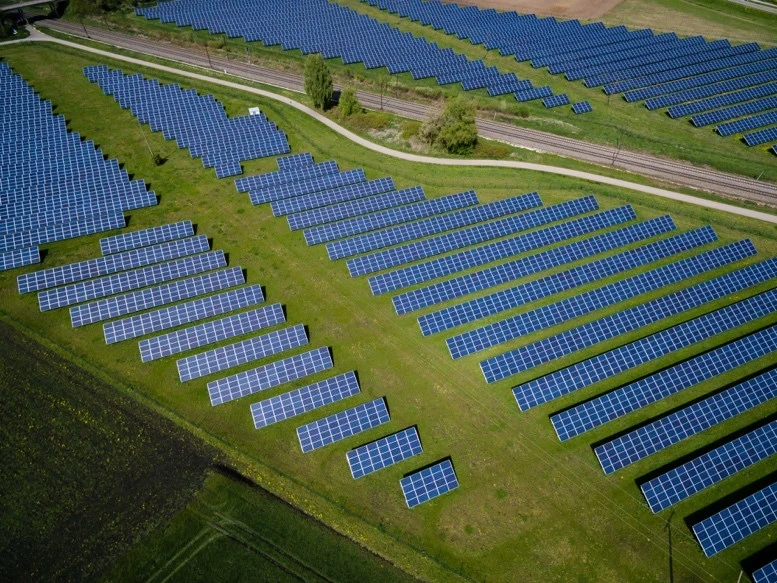New research in Energy Policy analyzes renewable energy technology trade conflicts
Renewable energy is critical for decarbonizing energy systems around the world and changes the geopolitics of energy. International tensions over energy are shifting from conflicts over resources like oil, gas, and coal to conflicts over technologies needed for renewable energy systems.
Therefore, EIPCC researcher Silvia Weko and colleagues argued that renewable energy technology (RET) trade will differ from fossil fuel trade and the trade of other goods. The authors analyzed 7,041 conflicts over 25 years to explore whether and how RET trade conflicts differ. They show that for 1995–2016, RET trade conflicts are more conflictive than conflicts in other sectors, as they are more likely to result in conflictive trade barriers, in more intense trade barriers, and tend to last longer, although RET trade conflicts are less likely to be fought bilaterally. From 2017 to 2020, they find that this trend is reversed, at least for the imposition and intensity of trade barriers, indicating that RET trade became less conflictive. This suggests that, after initial positioning in a new multi-billion-dollar market, countries shifted to less conflictive behavior, focusing on efficient trade rather than capturing manufacturing shares for themselves.
For more on this research, and the authors’ recommendations for reducing trade conflicts, read the whole article here.

